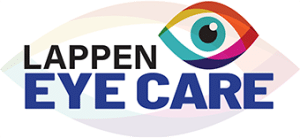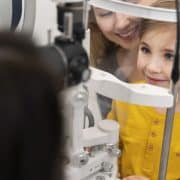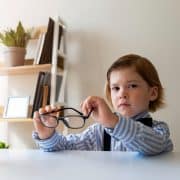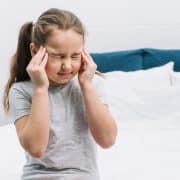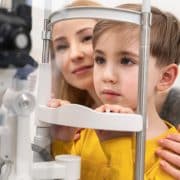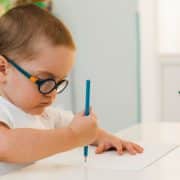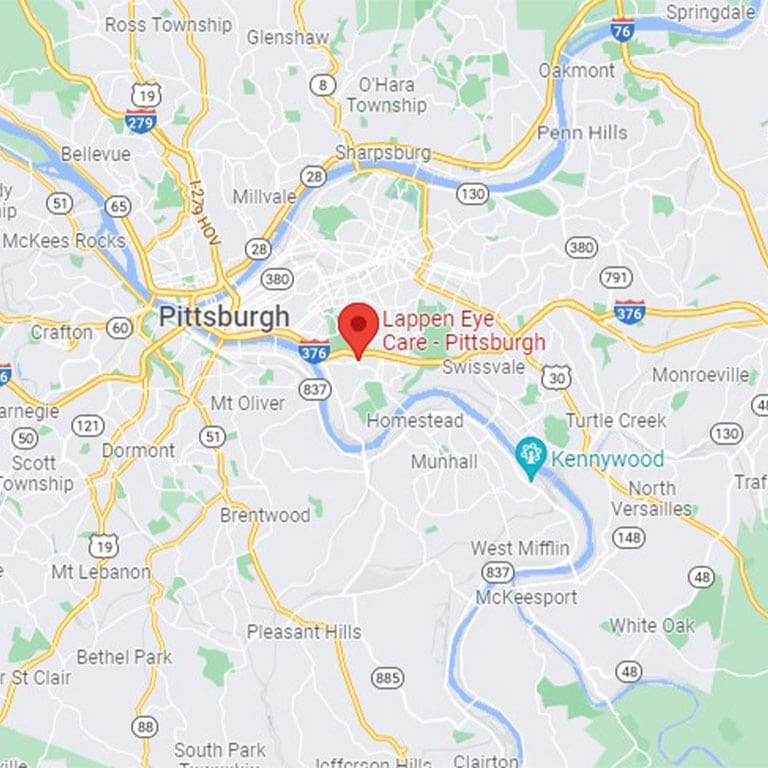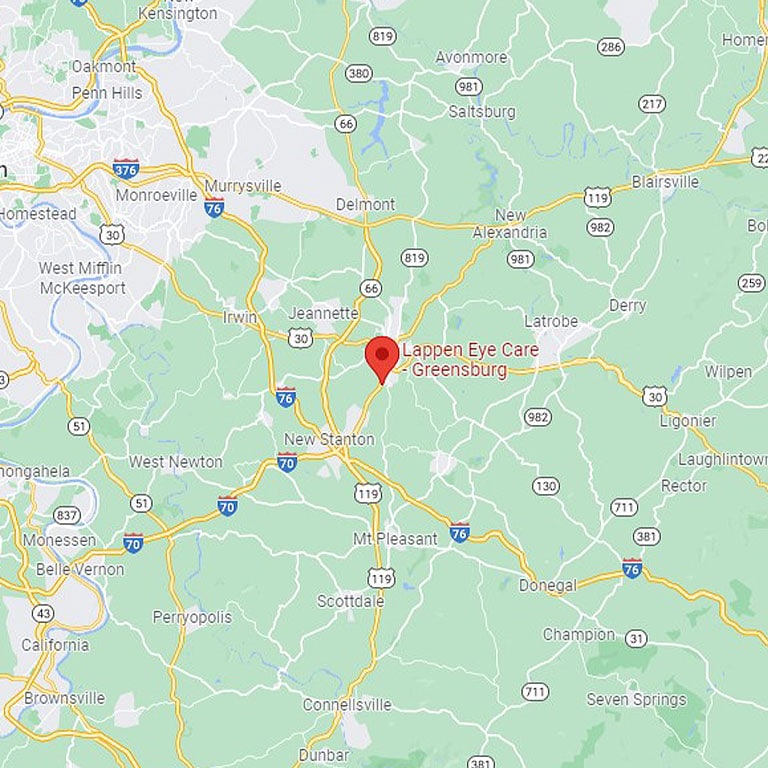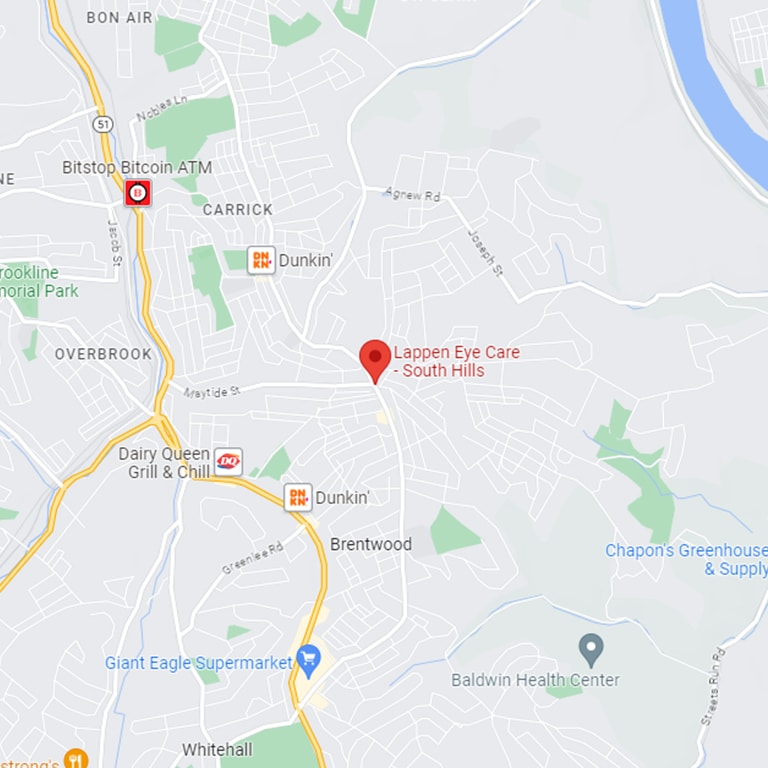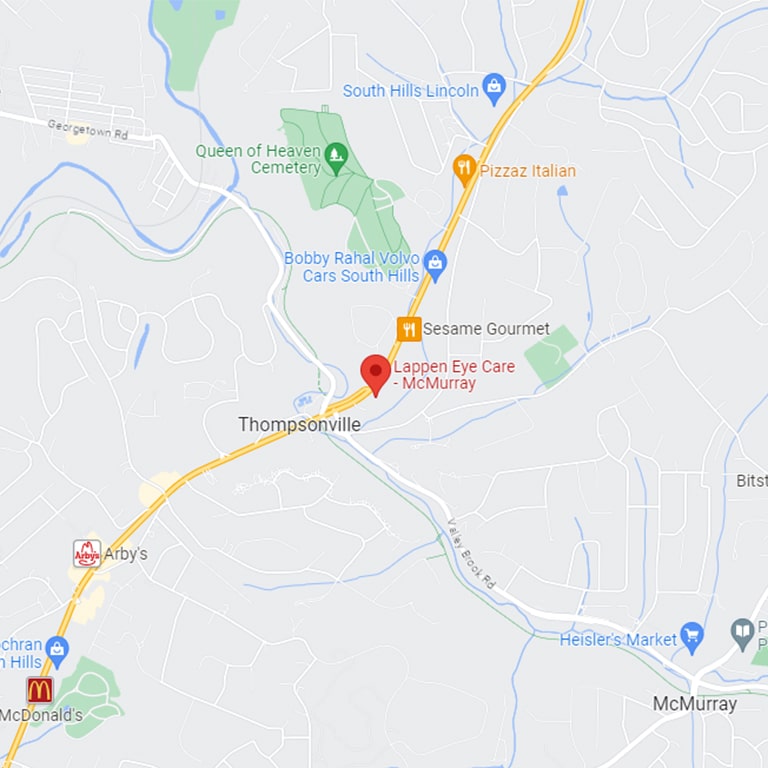Do Young People Need Optional Eye Tests?
When you visit the eye doctor, you’re inevitably given the option to get extra eye tests for an additional cost. If you’re concerned about what your insurance will cover and are relatively young, you might assume you don’t need them. Here, we’ll examine whether that’s true and what to know before your appointment.
What to Know About Optional Eye Tests
Not every optional eye test makes sense for younger people. Conditions like cataracts, glaucoma, and macular degeneration are unlikely to impact you when you’re younger, making these tests somewhat superfluous. However, it’s worth noting that every eye doctor has different policies, often based on what insurance they accept. Specific tests at an eye exam in Pittsburgh, like color blindness, may be necessary for younger people to understand their visual health and acuity.
Finding the Right Staff in Pittsburgh, PA
Ideally, an eye doctor in Pittsburgh, PA will explain each patient’s risks and potential benefits, though this doesn’t always happen in standard practices. Unfortunately, it’s not always just a question of time either. Some doctors and staff are happy to push unnecessary tests on patients to maximize their profits.
If you want to avoid overpaying without putting your vision at risk, the best thing you can do is find an honest team. At Lappen Eye Care, we base our recommendations on the patient’s well-being. So, if you have a family history of diabetes or glaucoma, we may ask you to take certain tests earlier than those who don’t have the same risk factors. This way, you can still get preventative tests and treatments long before you develop a visual disorder. In other words, no matter what age you are, you can benefit from additional testing if you meet certain criteria.

